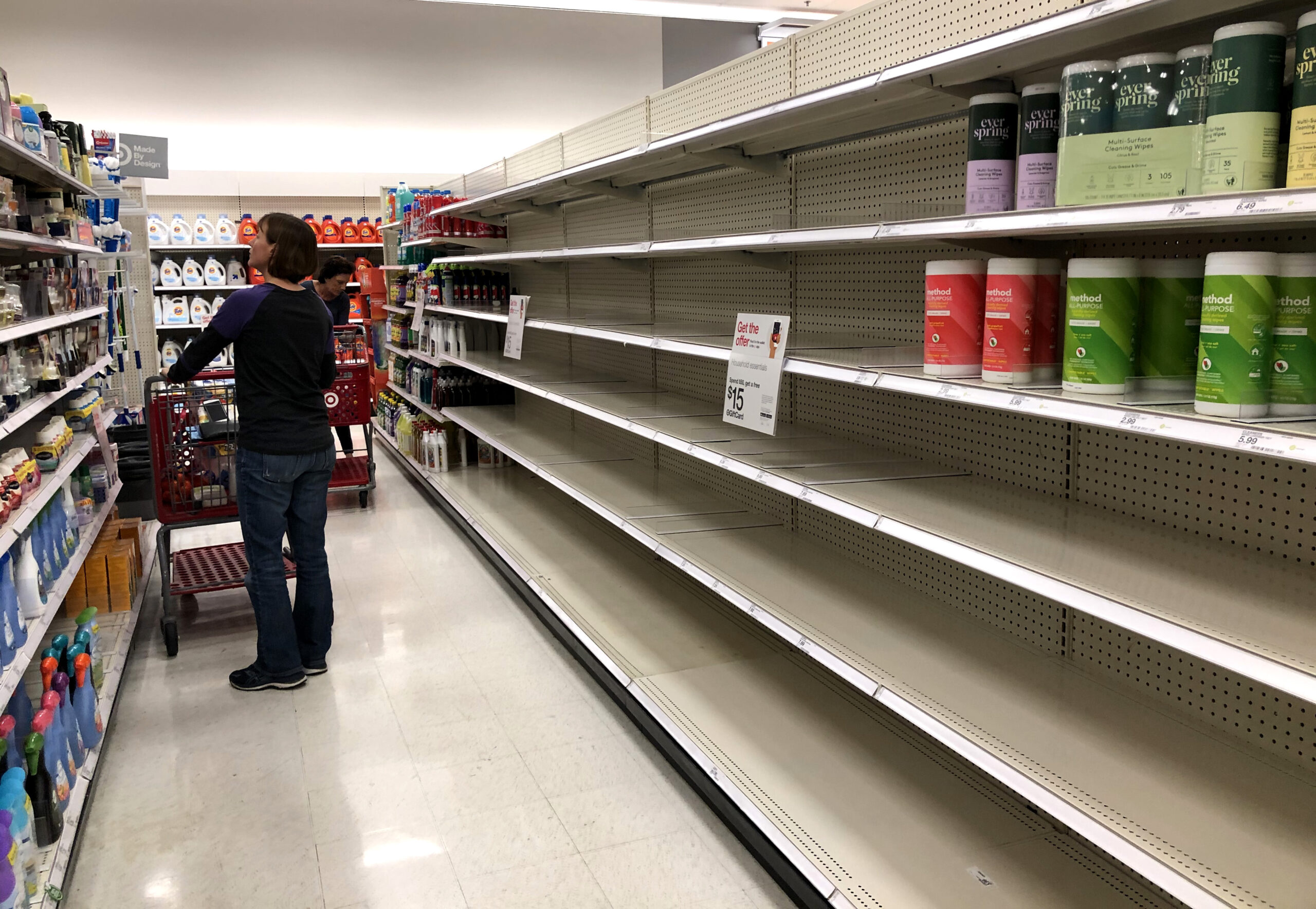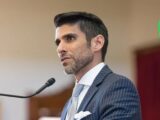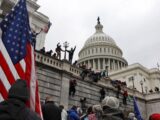
True ‘COVID relief’ demands a new economic consensus
January 19, 2022The United States is experiencing an economic crisis. Nobody could’ve predicted COVID-19 and the strain it would place on the global market, but the pandemic is only partly to blame. The current crisis is also the result of incompetent leadership and failed economic policy.
First and foremost on working families’ minds today is the fact that inflation is through the roof. The shocks to supply and demand caused by COVID, together with literally trillions of dollars of government spending, are increasing prices at the highest rate since 1982. Prices for staples like food and fuel are rising even faster, and wages can’t keep up.
This was not an accident. From the moment he assumed office, President Biden made the decision to pump free money into our economy under the pretense of “COVID relief.” He wasn’t using the funds to save small businesses or keep workers on payroll during a public health lockdown, as my Paycheck Protection Program did. Rather, the Biden administration wanted to fill people’s wallets so they could keep buying things and grow the gross domestic product. And the Federal Reserve Board, led by Biden appointee Jerome Powell, made an intentional decision to let inflation creep ever higher.
Meanwhile, the global supply chains scrambled in 2020 have yet to recover. As a result, certain manufactured materials are in short supply across the country. Even as companies ramp up their production, shipping backlogs are leaving American citizens unable to buy cars, household appliances, and other important goods.
This isn’t just the fault of the coronavirus, because supply chains were unnecessarily vulnerable from the beginning. Why? For decades, our nation’s elites have prioritized efficiency and corporate profits above all else. Over the past 20 years, efficient markets boosted the stock market and rewarded shareholders. But these gains have been at the cost of millions of American manufacturing jobs, as well as the resilience of our economy.
Back in February 2019, I pointed out how an emphasis on short-term gains had made us dependent on foreign producers and weakened our supply chains. I made the case that a renewed industrial policy was critical to protecting the national interest. The last two years have borne that out.
What can we do to avert the ongoing crisis?
The first step toward halting inflation is to stop doing the very thing that’s causing it. It doesn’t matter how big the GDP is if real working Americans can’t put food on the table for their families. The president and the Federal Reserve need to stop flooding the market with free money and restrict government spending to targeted programs that actually help businesses stay open and become more productive.
To address our supply chain problems, we need to bring production closer to home. We can work with allies in Latin America and the Caribbean to move critical industries away from China and back into our hemisphere. Moreover, we can use tax incentives to push businesses to reinvest in their workers and products rather than profit off financial speculation.
The government can directly incentivize innovation and development in key industries, too. Operation Warp Speed is proof that properly targeted government incentives can pay dividends for our nation. Consider the alternative: Without federal intervention, pharmaceutical companies would have eventually created a coronavirus vaccine. But Washington’s reward system sped up the process, saving countless lives and bringing us closer to recovery from COVID-19 in a matter of months. We should take a similarly aggressive approach to promote development in rare-earth minerals, advanced robotics, artificial intelligence, and other key industries that the Chinese Communist Party seeks to dominate.
Policies like these represent departures from the bipartisan economic consensus that has ruled our elite institutions since the end of the Cold War. But they will ultimately be healthy for American capitalism. It is true that market forces teach us a lot about how to run our economy. However, markets were made for people, not people for markets.
The last two years have taught us that our leaders’ economic policies are misguided and dysfunctional. In their shortsighted drive to grow the national economy and maximize market efficiency, they have brought us crippling inflation, fragile supply chains, and a dramatically insufficient manufacturing base. Turning the corner from this crisis will mean changing course – adopting a new fiscal policy and placing far more value on domestic industry.
This won’t be easy, but when it comes to building up our nation’s resilience, we have significant ground to make up – which means we cannot get started soon enough.
This article was originally posted on True ‘COVID relief’ demands a new economic consensus


